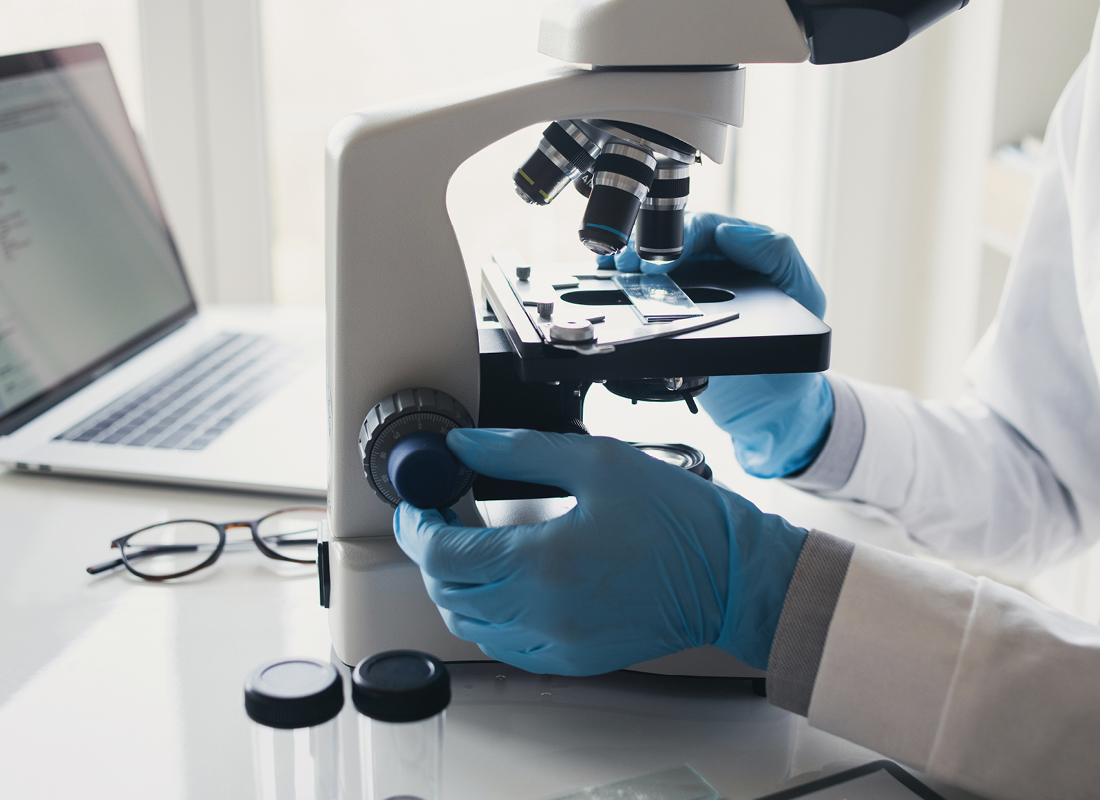FDA Sounds Alarm on Potential Impact of Genetic Mutation on SARS-CoV-2 Molecular Test Accuracy
As if COVID-19 testing wasn’t challenging enough, the emergence of new variants has made the SARS-CoV-2 virus a moving target. With this in mind, the FDA is warning clinical labs and health care providers of the risk that genetic mutations to the virus may lead to false negative test results. In its Jan. 8 letter, FDA identifies specific molecular tests that have received Emergency Use Authorization (EUAs) whose performance could be impacted by SARS-CoV-2 genetic variants. The Diagnostic Challenge The first and vast majority of tests with EUA for SARS-CoV-2 are molecular assay designed to detect specific RNA sequences found in the viral genome. However, the SARS-CoV-2 virus mutates regularly, resulting in several genetically unique variants, each with different RNA sequences. The presence of SARS-CoV-2 genetic variants in a patient sample can potentially change the performance of the SARS-CoV-2 test. If a molecular test isn’t engineered to detect the sequences associated with these variants, it may miss the variant leading to the false conclusion that the test subject doesn’t have the virus. The resulting false negative enhances the risk of infection by unwittingly unleashing people who should be in self-isolation on others. [freereport] Molecular tests designed to detect multiple SARS-CoV-2 genetic […]

As if COVID-19 testing wasn’t challenging enough, the emergence of new variants has made the SARS-CoV-2 virus a moving target. With this in mind, the FDA is warning clinical labs and health care providers of the risk that genetic mutations to the virus may lead to false negative test results. In its Jan. 8 letter, FDA identifies specific molecular tests that have received Emergency Use Authorization (EUAs) whose performance could be impacted by SARS-CoV-2 genetic variants.
The Diagnostic Challenge
The first and vast majority of tests with EUA for SARS-CoV-2 are molecular assay designed to detect specific RNA sequences found in the viral genome. However, the SARS-CoV-2 virus mutates regularly, resulting in several genetically unique variants, each with different RNA sequences. The presence of SARS-CoV-2 genetic variants in a patient sample can potentially change the performance of the SARS-CoV-2 test. If a molecular test isn’t engineered to detect the sequences associated with these variants, it may miss the variant leading to the false conclusion that the test subject doesn’t have the virus. The resulting false negative enhances the risk of infection by unwittingly unleashing people who should be in self-isolation on others.
[freereport]
Molecular tests designed to detect multiple SARS-CoV-2 genetic targets are less susceptible to the effects of genetic variation than tests designed to detect a single genetic target. The clinical impact of genetic variants on test sensitivity is influenced by the sequence of the variant, the design of test and the prevalence of the variant in the patient population. Tests that rely on the detection of multiple regions of the genome may be less impacted by genetic variation in the SARS-CoV2 genome than tests that rely on detection of only a single region.
The FDA Response
The FDA has been monitoring the potential effects of genetic variation in molecular tests that have received EUA on an ongoing basis throughout the pandemic. And on Jan. 8, it sounded the alarm. “The FDA reminds clinical laboratory staff and health care providers about the risk of false negative results with all laboratory tests,” FDA wrote, including molecular tests. “No test is perfect. Laboratories should expect some false results to occur even when very accurate SARS-CoV-2 tests are used.”
The FDA identifies three tests with EUA that could be impacted by mutations:
- The Mesa Biotech Accula SARS-Cov-2 Test, which received EUA on March 24;
- The Thermo Fisher Scientific TaqPath COVID-19 Combo Kit, which received initial EUA on March 15 and received subsequent expansions allowing for home collection and use with additional instruments and reagents; and
- The Applied DNA Sciences’ Linea COVID-19 Assay Kit, first cleared on May 13 and subsequently cleared for use with robotic RNA extraction.
FDA Recommendations
The FDA recommends that clinical lab staff and providers who use molecular tests for the detection of the SARS-CoV-2 virus:
- Recognize that genetic variants of SARS-CoV-2 arise regularly and may result in false negative test results;
- Be aware that tests that use multiple genetic targets to determine a final result are less likely to be impacted by increased prevalence of genetic variants;
- Analyze negative results in combination with clinical observations, patient history and epidemiological information; and
- Consider ordering repeat testing with a different test with different genetic targets for patients who test negative after molecular testing if COVID-19 is still suspected.
Subscribe to view Essential
Start a Free Trial for immediate access to this article